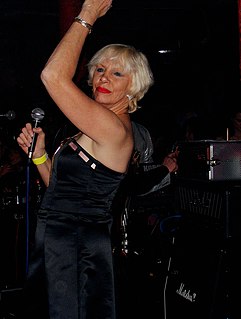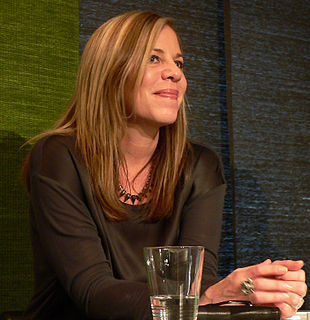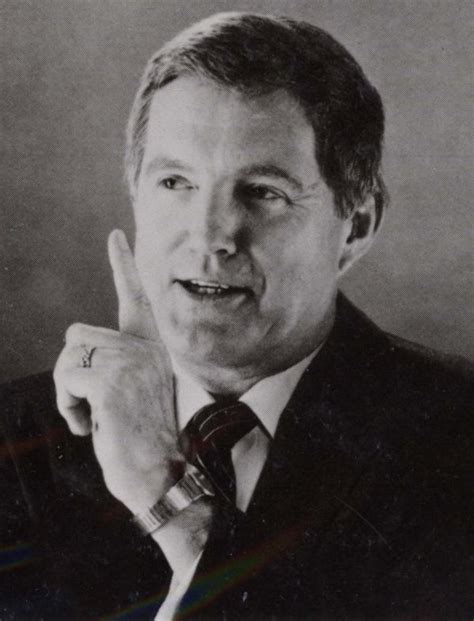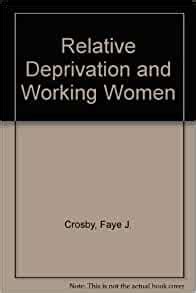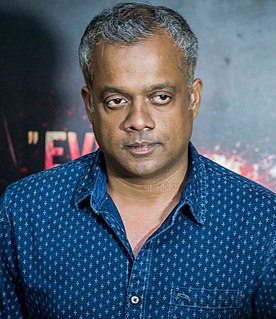A Quote by Pierre Trudeau
In my formative years the people who influenced me most were the Christian existentialists, I mean men like Munier and Kierkegaard and perhaps most of all Nicholas Berdyaev and in my travels I looked for one thing more than anything. I rarely discussed, probably mainly because of language difficulties, metaphysics with the various religious people of other groups I'd meet with. But I'd very much try to see how they were incarnated, how their particular soul was incarnated or took roots into reality.
Quote Topics
Anything
Because
Christian
Difficulties
Discussed
Formative
Formative Years
Groups
How
Influenced
Language
Like
Looked
Mainly
Me
Mean
Meet
Men
Metaphysics
More
More Than Anything
Most
Much
One Thing
Other
Particular
People
Perhaps
Rarely
Reality
Religious
Religious People
Roots
See
Soul
Than
Thing
Took
Travels
Try
Use Of Language
Various
Very
Were
Years
Related Quotes
Religion is much more than language, but to be Christian does mean speaking Christian for most people. The language many of us use has contributed to the crisis in Christianity in North America. Traditional Christian language is becoming less familiar to millions of people. The language is frequently misunderstood by people.
I did not think I had what it took to be an actor, because most of the actors that I encountered were people who were very narcissistic and I thought since I lacked narcissism to become an actor because that's what it took. It was more of a social experiment for me to walk in the shoes of other people that I found interesting.
Since the primary motive of the evil is disguise, one of the places evil people are most likely to be found is within the church. What better way to conceal one's evil from oneself, as well as from others, than to be a deacon or some other highly visible form of Christian within our culture? ... I do not mean to imply that the evil are anything other than a small minority among the religious or that the religious motives of most people are in any way spurious. I mean only that evil people tend to gravitate toward piety for the disguise and concealment it can offer them.
Everything just feels so empty without her. She was more a parent to me than my birth parents were. She took me in, fed, dressed me, but most importantly, she treated me with respect. She taught me that my abilities were nothing to be ashamed of, nothing I should try so hard to deny. She convinced me that what I had was a gift-not a curse- and that I shouldn't let other people's narrow minds and fears determine how I love, what I do, or how I perceive myself in the world. She actually made me believe that in no way, shape, or form did their uninformed opinions make me a freak.
The strange thing about my life is that I came to America at about the time when racial attitudes were changing. This was a big help to me. Also, the people who were most cruel to me when I first came to America were black Americans. They made absolute fun of the way I talked, the way I dressed. I couldn't dance. The people who were most kind and loving to me were white people. So what can one make of that? Perhaps it was a coincidence that all the people who found me strange were black and all the people who didn't were white.
One reason I can be more tolerant than most is that as a therapist I have the advantage of information about my patients that most people are not privy to. And I discover that we rarely if ever see the totality of another in ordinary social intercourse. When an individual appears mean and lazy, we are only seeing one part of the person, elicited by a particular set of circumstances on a particular day, and we do well to wait a while before concluding that what we see is the whole person.
When men and women across the country reported how happy they felt, researchers found that jugglers were happier than others. By and large, the more roles, the greater the happiness. Parents were happier than nonparents, and workers were happier than nonworkers. Married people were much happier than unmarried people. Married people were generally at the top of the emotional totem pole.
The thing I have learned, especially in the Internet age, probably the easiest thing in the world is to declare that something is not funny. I mean it's not actually humor to say something is not funny, but it is viewed by a lot of people - and by that I mean mainly snarky young Internet men - as a kind of humor in and of itself is putting down other people's efforts at humor. And I don't care that much anymore about that because I know how easy that is to do.
There have been times in my adolescence where I gave up. I was like, 'I'm just never going to be pretty. I'm never going to be like one of those people on the front of magazines.' It always seemed really strange to me that the projection of how people are in advertisements looked nothing like the people who were actually buying them. You know what I mean? I never understood that mismatch, and now I really start to see that the people you see in the media are a lot more like people actually are.




